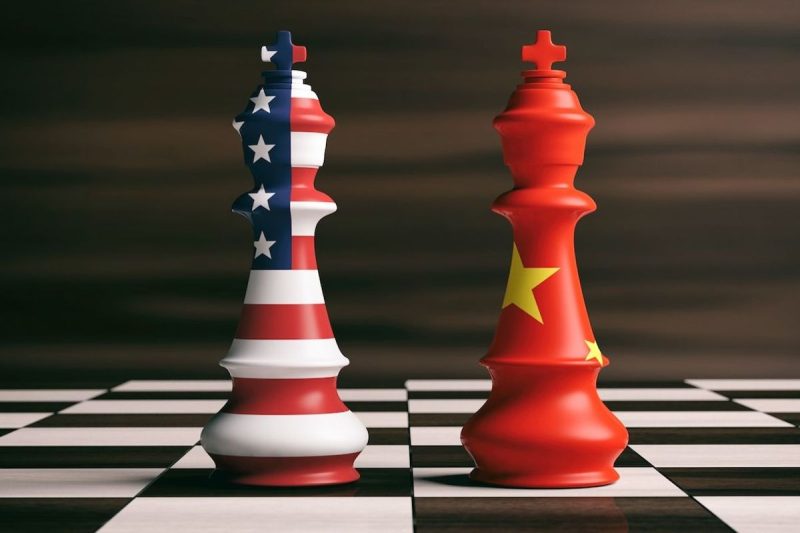The Biden administration recently proposed a ban on Chinese vehicles due to concerns regarding espionage, marking a significant shift in the nation’s stance towards China amidst rising geopolitical tensions. This decision has sparked debates and raised questions about the implications it may have on the automotive industry, trade relations, and national security.
The proposed ban on Chinese vehicles is rooted in the fear of potential espionage activities conducted by the Chinese government or affiliated entities through data collection and communication systems embedded in the vehicles. The heightened scrutiny comes as part of broader efforts to address cybersecurity threats and safeguard sensitive information from being compromised. As vehicles become increasingly connected and autonomous, the risks associated with potential cyber intrusions have become more significant, prompting governments to take proactive measures to mitigate such threats.
However, the proposed ban has evoked mixed reactions from various stakeholders, including automotive manufacturers, policymakers, and consumers. While some argue that such measures are necessary to protect national security interests and prevent unauthorized access to sensitive data, others express concerns about potential economic repercussions and the disruption it may cause to supply chains and the global automotive market. The ban could also strain trade relations between the U.S. and China, leading to retaliatory actions that may further escalate tensions between the two economic powerhouses.
Automakers with operations in China could face substantial challenges if the ban is enforced, as it may disrupt their production processes and impact their ability to source components and assemble vehicles in the region. In addition, consumers who have purchased Chinese-made vehicles could face uncertainties regarding the maintenance, resale value, and software updates of their vehicles if such a ban is implemented. This could potentially lead to a loss of confidence in Chinese automotive brands and a shift towards alternative options, thereby reshaping the competitive landscape of the industry.
Looking ahead, the proposed ban on Chinese vehicles underscores the complex interplay between national security considerations, economic interests, and technological advancements in the automotive sector. As governments grapple with the evolving threats posed by cyber vulnerabilities, finding a balance between safeguarding critical infrastructure and nurturing innovation will be crucial in shaping the future of the automotive industry. Stakeholders must work together to develop robust cybersecurity protocols, enhance transparency in supply chains, and foster international cooperation to address common challenges and build resilient systems that can withstand emerging threats in the digital age.

























